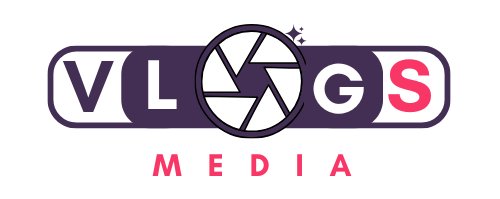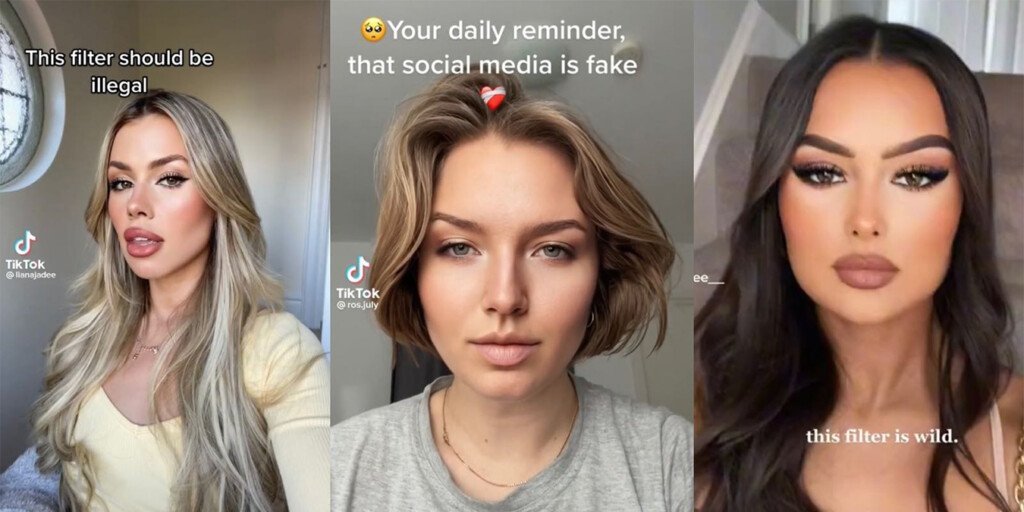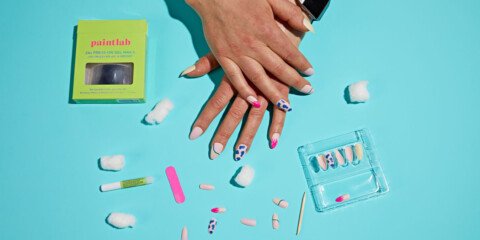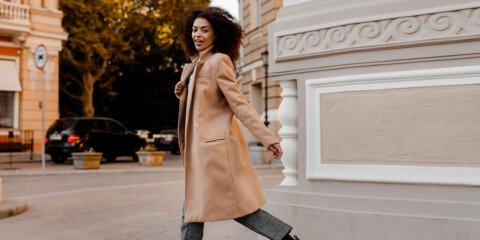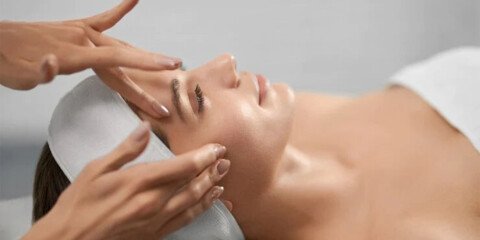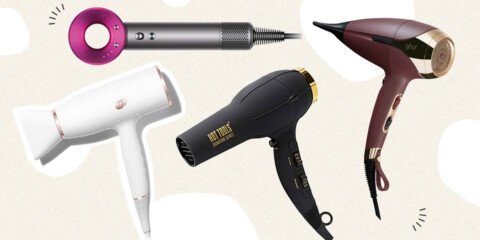TikTok, the global social media phenomenon, has become a popular platform for entertainment, self-expression, and creativity. TikTok is known for its short videos, catchy trends, and innovative features, but it has also seen its share of controversy. One topic currently generating debate is whether TikTok might exclude teenagers from using beauty filters.
Beauty filters, which are designed to enhance facial features or apply virtual makeup, have been praised both for their fun and creative possibilities and criticized for their impact on mental health and self-esteem, especially among young users. In this blog, we explore TikTok’s potential move, why it’s important, and what it might mean for the future of the platform.
1. The Role of Beauty Filters on TikTok
Beauty filters are a popular feature on TikTok that allows users to edit their appearance in real-time. These filters can smooth skin, reshape facial features, and add makeup effects.
Why users love beauty filters
Creativity: Filters allow users to experiment with looks without making permanent changes. Confidence boost: For some, filters provide a temporary boost in self-esteem.
Trend participation: Many TikTok trends revolve around filters, making them essential to staying relevant.
However, the widespread use of beauty filters also raises significant concerns, especially among younger users.

2. Concerns about beauty filters and teens
Teens, who already struggle with the complexities of their self-image and identity, are particularly vulnerable to the potential downsides of beauty filters.
a. Unrealistic beauty ideals
Filters often promote unattainable beauty ideals, which can lead to teens feeling insecure about their natural appearance.
Body dysmorphia: Some teens may become overly critical of their appearance and compare themselves to filtered versions of others—or even themselves.
Pressure to conform: Filters reinforce narrow beauty standards and discourage individuality and self-acceptance.
b. Mental health impacts
Studies have linked the overuse of beauty filters to issues such as anxiety, depression, and low self-esteem, especially among younger users.
Social comparison: Teens may feel inadequate when comparing their true selves to the “perfect” images they see online.
Filter addiction: Some users become addicted to filters and avoid posting unfiltered content altogether.
c. Ethical and privacy concerns
Filters often require access to facial data, raising questions about privacy and data security. These concerns are even more critical for minors.
3. TikTok’s potential response
TikTok is reportedly considering measures to combat the impact of beauty filters on teens. While the platform has not officially confirmed any specific measures, here are some possibilities:
a. Age restrictions on beauty filters
TikTok could restrict access to certain beauty filters based on age, ensuring that younger users cannot use filters that significantly alter their appearance.
b. Transparency labels
Another possibility is to introduce labels that indicate when a filter has been used to promote transparency and reduce the illusion of perfection.
c. Education and awareness campaigns
TikTok could launch initiatives to educate users about the impact of beauty filters and encourage self-acceptance and critical thinking about online content.
d. Parental controls
Improved parental controls could give guardians more say in the type of content and features their children can access.

4. The debate: Should TikTok block beauty filters for teens?
The idea of blocking beauty filters for teens has sparked a heated debate among users, experts and parents.
Arguments for
Protecting mental health: Restricting access to beauty filters could help teens develop healthier self-esteem and body image.
Promoting authenticity: Removing filters can promote a culture of authenticity where users feel comfortable sharing their unedited selves.
Reducing social pressure: Without filters, teens could feel less pressure to conform to unrealistic beauty standards.
Arguments against
Restricting creativity: Beauty filters are a form of self-expression, and restricting access couldstifle creativity.
Parental responsibility: Some argue that it is the job of parents, not platforms, to monitor their children’s online behavior.
Workarounds: Tech-savvy teens may find ways to circumvent restrictions, rendering the policy ineffective.
5. The wider impact
TikTok’s decision on beauty filters could set a precedent for other social media platforms. As the conversation around online safety and mental health grows, platforms like Instagram, Snapchat and YouTube could also come under pressure to regulate beauty filters.
The role of governments and organizations
Governments and advocacy groups are becoming increasingly vocal about the need for stricter regulations to protect young users online. If TikTok does introduce restrictions, it could be in line with broader efforts to create safer digital environments.
Impact on TikTok's popularity
While such measures could improve TikTok’s reputation as a responsible platform, they could also alienate some users who enjoy the creative freedom that filters offer. Finding a balance will be crucial.

6. What can teens and parents do in the meantime?
While waiting for TikTok or other platforms to act, teens and their families can take proactive steps to minimize the potential negative impact of beauty filters.
For Teens
Limit filter use: Use filters sparingly and focus on content that shows your authentic self.
Follow positive accounts: Surround yourself with creators who promote body positivity and self-acceptance.
Take breaks: Disconnect from social media regularly to reconnect with the real world.
For Parents
Have open conversations: Talk to your kids about the pros and cons of beauty filters and the importance of self-acceptance.
Monitor usage: Keep an eye on the content your kids consume and create on social media.
Encourage hobbies: Support activities that build confidence and self-esteem outside of the digital world.
7. Conclusion
The question of whether TikTok will stop teens from using beauty filters shines a spotlight on a broader discussion about the impact of social media on mental health and self-image. While filters can be fun and creative, their potential to harm young users cannot be ignored.
As TikTok looks for ways to address these concerns, it faces the challenge of balancing user freedom with responsibility. Whatever the platform decides, the debate underscores the importance of fostering a healthier, more authentic digital culture.
For teens, parents and society as a whole, the discussion is an opportunity to reflect on the role of technology in shaping our self-perception — and to advocate for change that prioritizes well-being over perfection.
